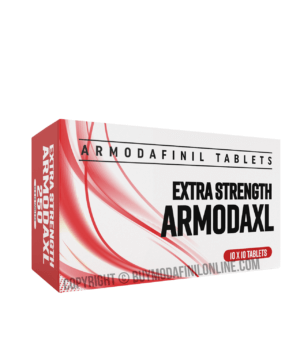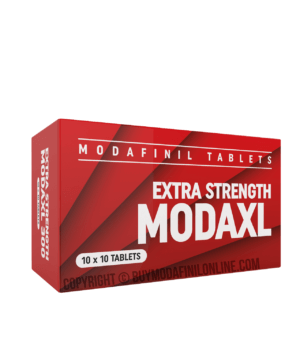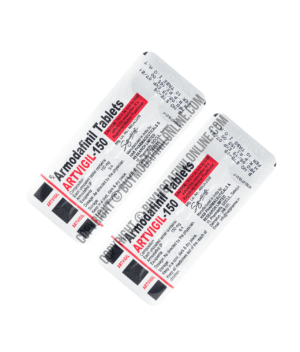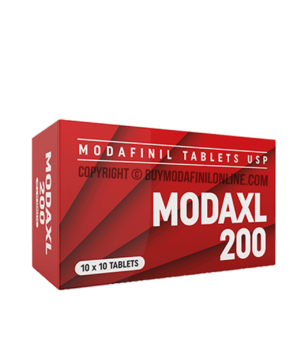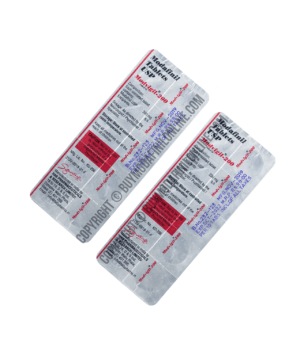Nootropics and Smart Drugs: Is There Any Difference?
“Smart drugs” are medications that claim to enhance the cognitive abilities of the individuals and make them smarter in many aspects. This is what nootropics are also known for. So, what are the differences between them?
Let us give you detailed information about “smart drugs” and nootropics, their differences, and uses.
What Are Smart Drugs?
In the age where everything around is attached with a prefix “smart,” from smartphones to smart homes, who don’t want to be smarter than they already are? “Smart drugs” help people get better grades, perform well at work, and be energetic to pull off their tasks with a high level of productivity [1].
The mechanism by which each “smart drug” works might be different, but the commonality among them is that they help improve memory as well as learning abilities and stay focused and alert.
Wakefulness-promoting medications like armodafinil and modafinil usually exhibit these cognitive-enhancing effects and are more commonly used as “smart pills.”
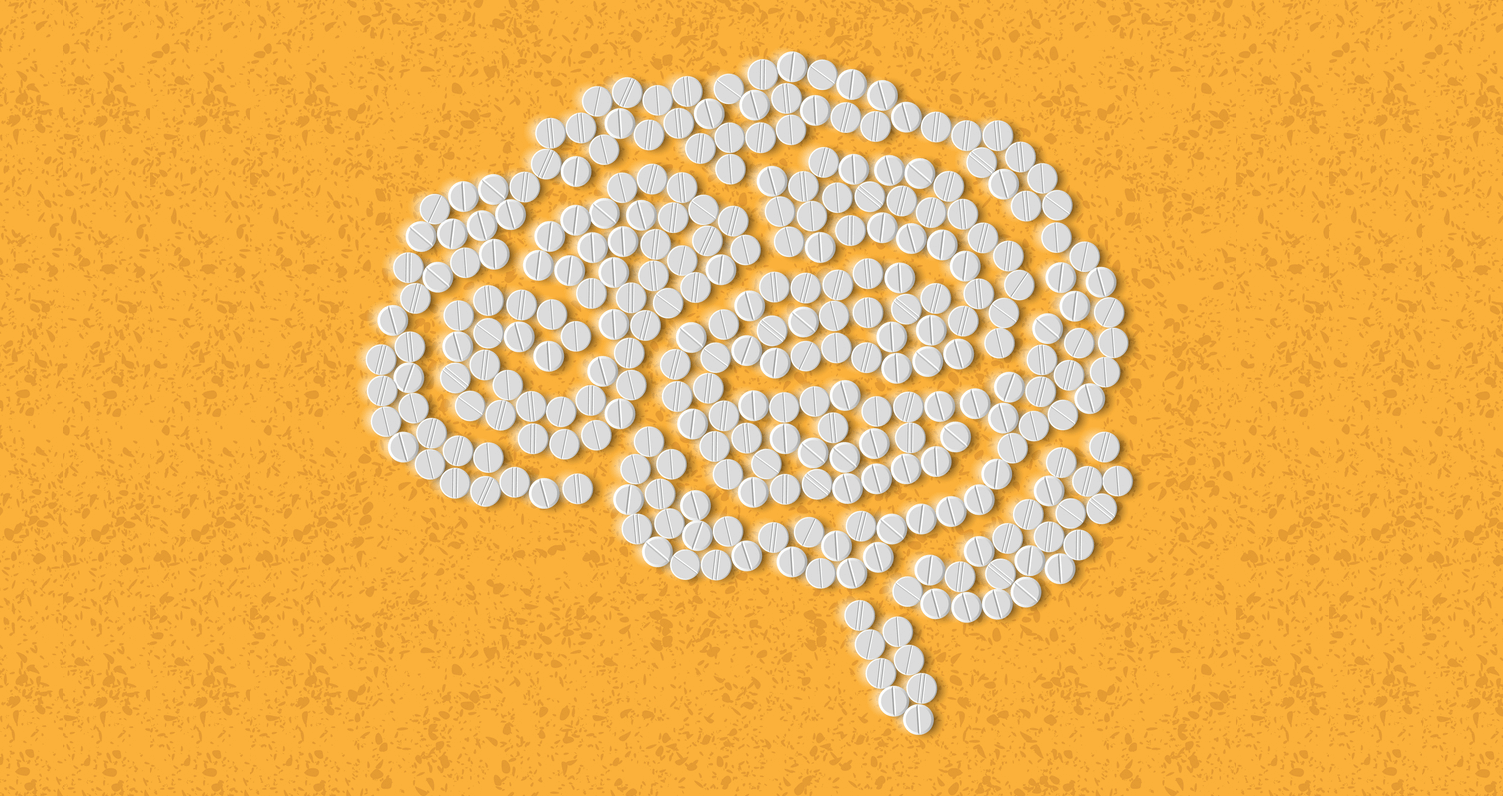
Is There a Difference Between Nootropics and Smart Pills?
While both nootropics and smart drugs are essentially considered the same in general use, there is a fine differentiation in a stricter sense. Nootropic is a term coined by the scientist Corneliu E. Giurgea in 1972 [2]. He gave certain characteristics that a drug should satisfy to qualify as a nootropic. They are as follows:
- improve working memory and learning;
- support brain function after an electroconvulsive therapy;
- protect the brain from physical and chemical toxicity;
- provide natural cognitive enhancements;
- be non-toxic and safe to consume for humans [3].
Considering the criteria mentioned above, certain stimulants like caffeine cannot be called a “pure” nootropic [4]. They need to be safe options that you can take without any risk and still be able to enjoy enhanced mental abilities and a memory boost.
Drugs like modafinil, armodafinil, as well as products containing omega-3 fatty acids are “smart drugs,” or nootropics. They are safe to consume and can be used for the long term without the risk of developing an addiction. However, for safe usage, it is advisable to consult a doctor before consuming any such medications to get the right dosage.
Nootropics and “smart drugs” are the same. There is no difference at all, so if you are having sleep issues such as narcolepsy or shift work sleep disorder, then having these medicines helps you to deal with the daytime sleepiness. You can choose one that is more appropriate for you asking your doctor.
What Are Smart Drugs Used For?
The most common use of a “smart drug” is to increase alertness and focus. Here is a compilation of possible usage scenarios where this type of medicine finds application.
To Treat Sleep Disorders
“Smart drugs” like modafinil are a popular choice for the treatment of uncontrollable daytime sleepiness associated with narcolepsy, obstructive sleep apnea, and shift work sleep disorder [5]. They help sleep-deprived individuals stay awake for some time without feeling tired or sleepy.
To Improve Memory and Boost Mental Performance
Students, business professionals, executives among others find it useful to take a “smart pill” when they need to be more focused, creative, and productive. Such medications can help improve memory (both working and episodic) and enhance cognitive function [6].
“Smart drugs” boost mental performance; this is very useful for students and professionals preparing for exams.
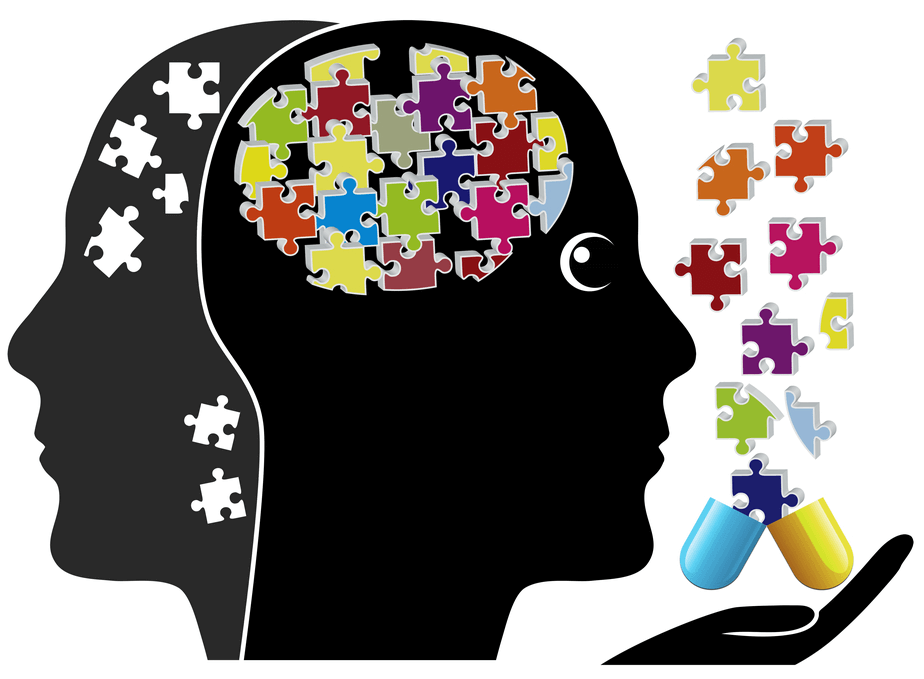
To Stay Awake at Night
Sometimes healthy people also want to stay awake for a night for a reason. For example, professionals who would want to pull an all-nighter to finish the job at hand or students looking to complete their assignments.
Treatment of ADHD
As “smart drugs” are known to improve attention, focus, and memory, they are sometimes used as a novel treatment method to help relieve attention deficit hyperactivity disorder (ADHD) symptoms [7].
Treatment of Depression
Pills offer a safe way to remain productive when going through a depressive mode and have also shown to improve mood levels in users.
Final Thoughts
Both nootropics and “smart drugs” are the same. They offer great relief to various medical conditions, like narcolepsy and ADHD. They help people improve their quality of life. Their popularity seems to be rising day by day, as more individuals, including those who are healthy realize the amazing potential these meds have in making their lives easier.
It must be noted that there are various types of ‘‘smart drugs” varying in modes of actions, pharmacology, side effects, and scale of impacts. It is highly recommended to research thoroughly and only takes medications that have been cleared by your physician for safe consumption. Certain meds may cause allergic reactions or aggravate any existing medical conditions.
“Smart drugs” can be obtained from local pharmacies as well as from online vendors. Choose only reliable sellers to get the quality pills that will yield desired results. You can make use of online reviews and conduct your research before you try out your first drug.
References:
- Students Used To Take Drugs To Get High. Now They Take Them To Get Higher Grades. Published online: February 15, 2015. Theguardian.com.
- Nootropic Drugs. Sciencedirect.com.
- Nootropic. Sciencedirect.com.
- Is Caffeine a Cognitive Enhancer? Pubmed.ncbi.nlm.nih.gov.
- Modafinil/Armodafinil in Obstructive Sleep Apnoea: A Systematic Review and Meta-Analysis. Erj.ersjournals.com.
- Cognition-Enhancing Drugs. Ncbi.nlm.nih.gov.
- Beginners Guide to Modafinil for ADD and ADHD. Modafinil.org.


